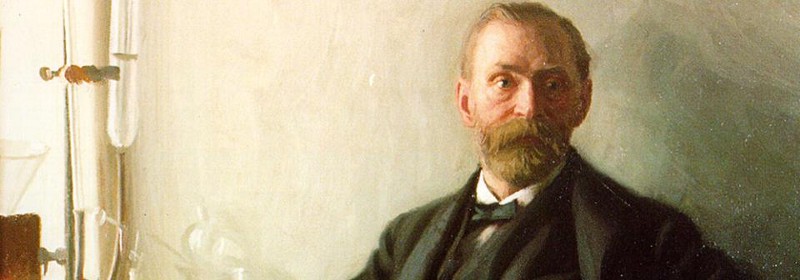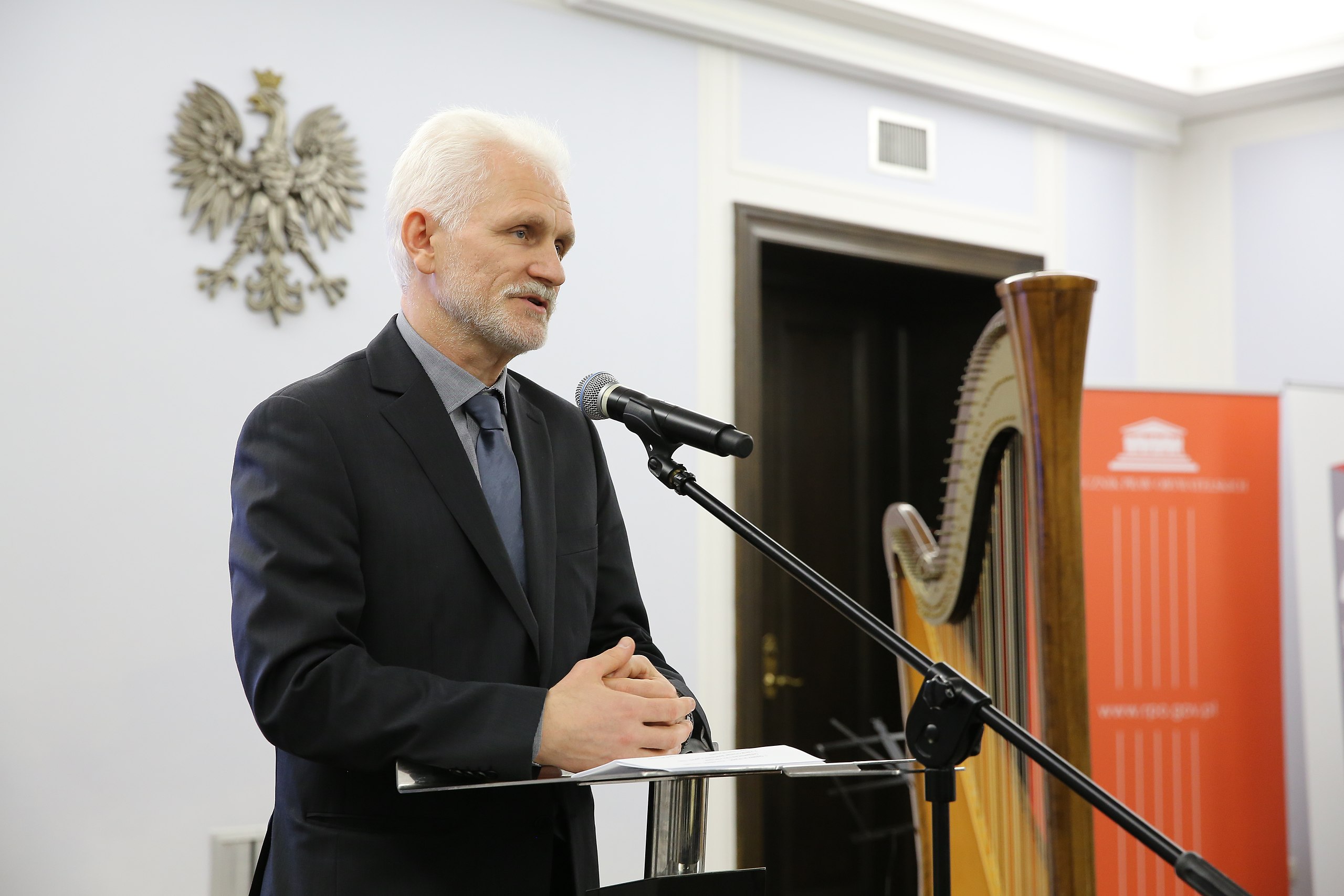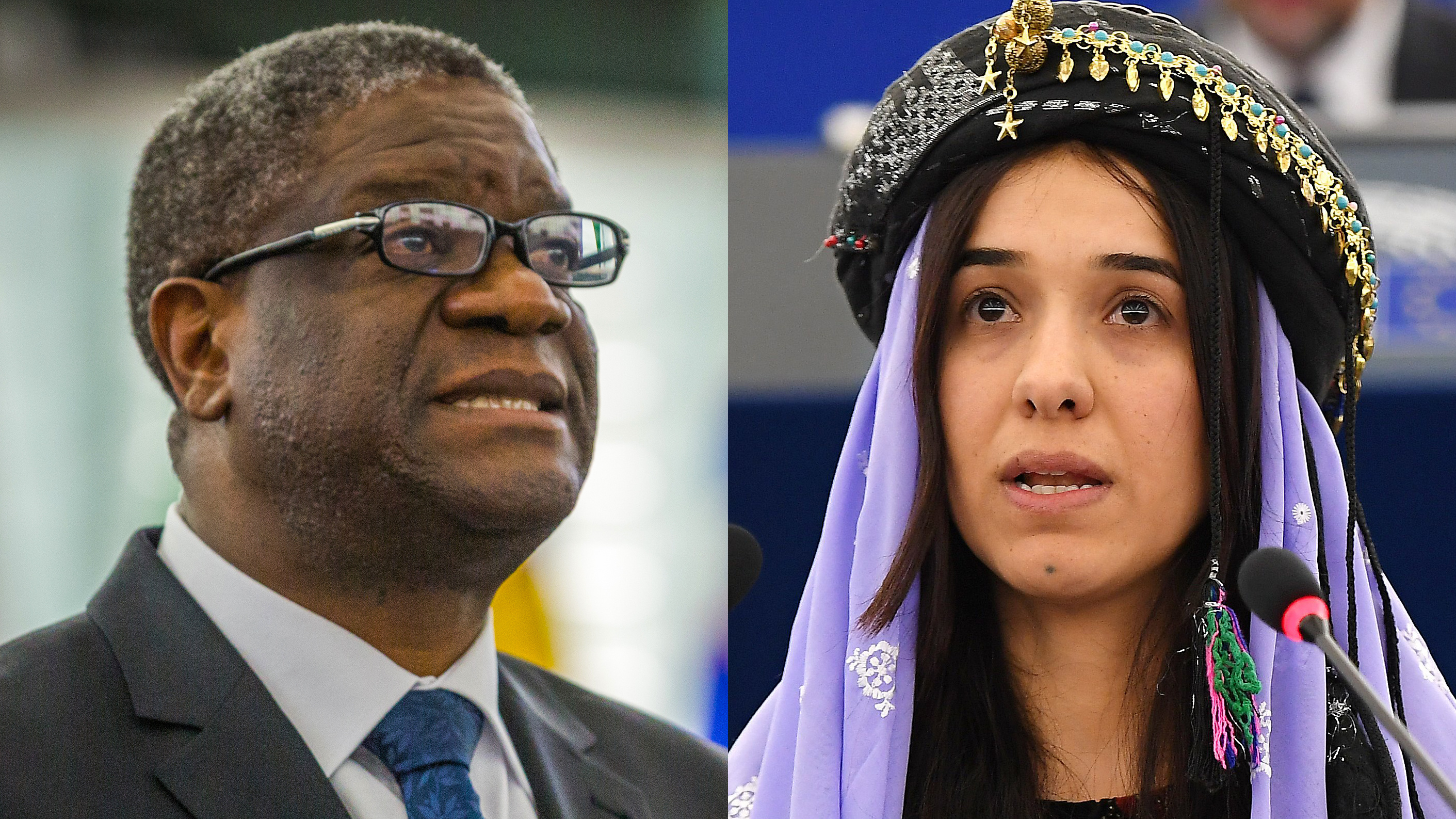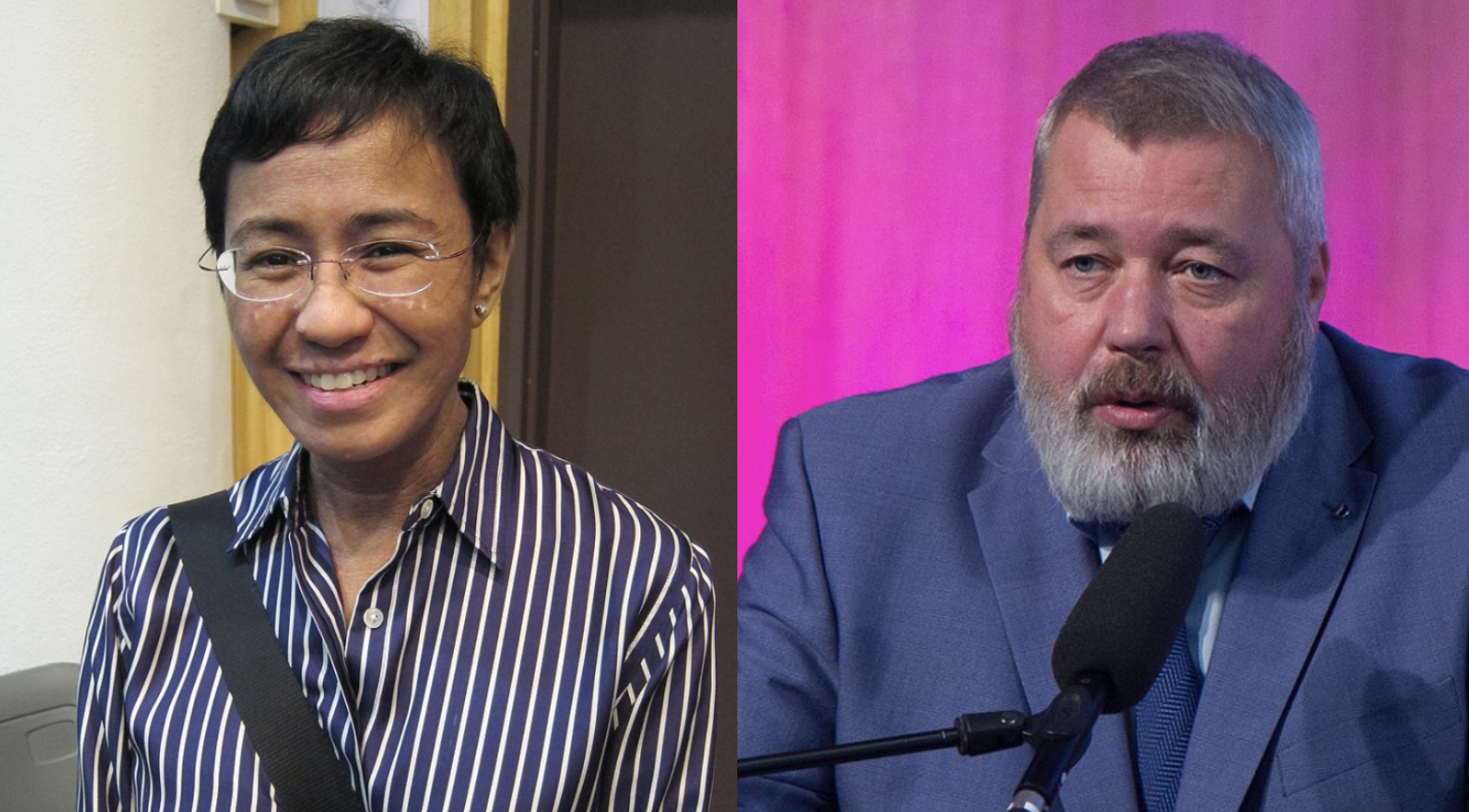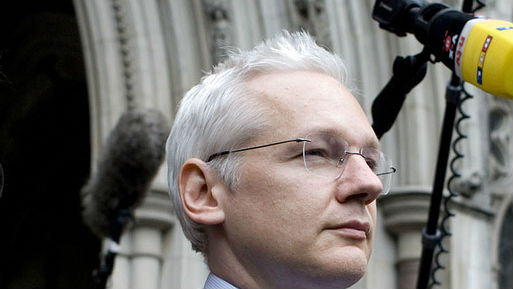The worst Nobel Peace Prizes ever awarded
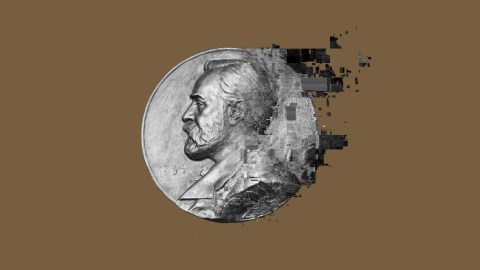
- The Nobel Peace Prize has gone to many great people and a few scoundrels.
- Here, we look at five of the worst prizes ever awarded.
- Nobel Prizes cannot be revoked, so all of these people will remain winners.
The Nobel Peace Prize may be the most prestigious award on the planet. The winners are placed on pedestals, sanctified, and carry a certain gravitas for the rest of their lives. Unfortunately, as with the other prizes, the Nobel Peace Prize Committee occasionally makes a poor choice.
Ronald Krebs of the University of Minnesota explained in an interview with Vice that the award increasingly has been given to candidates who are thought to exemplify certain ideals rather than in recognition of a particular achievement or a lifetime of achievements. This can lead to some buyer’s remorse years later. Likewise, sometimes awards are given to people with spotted records for one peacemaking event (or attempt) that does not entirely cover a spotted past.
Here, we look at five of the worst choices for the Nobel Peace Prize, in no particular order.
Yasser Arafat, Yitzhak Rabin, and Shimon Peres, 1994
The 1994 prize went to Israeli Prime Minster Yitzhak Rabin, his foreign minister Shimon Peres, and the Chairman of the Palestine Liberation Organization (PLO) Yasser Arafat for signing the Oslo Accords — a pair of agreements between Israel and the PLO that were to be part of a larger planned peace process.
The choice of Yasser Arafat as one of the prize winners was controversial. Since half of the prize went to the Israeli side and half went to the Palestinian side, this was the justification for his inclusion. However, Arafat’s history struck a lot of people as disqualifying. Mr. Arafat’s support of terrorist actions by the PLO during his leadership and endorsement of manifestos for the liberation of Palestinian territory by any means necessary caused many to consider him a terrorist himself. Nobel Prize Committee member Kåre Kristiansen resigned when Arafat won the award on these exact grounds.
Mr. Rabin tends to draw less criticism for his prize but also has a checkered history. He ordered the assassination of PLO leaders during his time as defense minister, trampled on human rights in the West Bank, and earned the name “Bone Breaker” for the violence he endorsed in the crackdown against the first Intifada. In addition, Mr. Peres, Prime Minister of Israel between 1984 and 1986, ordered the bombing of the PLO headquarters in Tunisia, an action condemned by the UN Security Council.
That these men could sign a peace deal may have been Nobel-worthy, but the Oslo peace process didn’t work out.
Barack Obama, 2009
The 44th President of the United States won the Nobel Prize in 2009 for “his extraordinary efforts to strengthen international diplomacy and cooperation between peoples.” This surprised many, including the President himself, as he had been in office for less than a year at the time.
The global reaction was mixed. Fidel Castro called it a “positive,” while Peace Prize Laureate Lech Wałęsa thought it was premature, as Obama “has not yet made a real input.” Noam Chomsky mused, “In defense of the committee, we might say that the achievement of doing nothing to advance peace places Obama on a considerably higher moral plane than some of the earlier recipients.”
The committee members admitted to awarding the prize in the hope of giving Obama and the ideals they felt he represented more prestige in the international community. However, the hopes of an aspirational prize ended up largely unfulfilled. Obama has the dubious distinction of having spent more time at war than any other president in American history. His expansion of unmanned air strikes using drones also garnered criticism. Geir Lundestad, the secretary for the Nobel Committee at the time of the award, later wrote, “In retrospect, we could say that the argument of giving Obama a helping hand was only partially correct. Many of Obama’s supporters believed it was a mistake.”
For his part, Obama seemed a bit confused by his win at the time, credited it to the aspirations of people in all nations in general, and has made the occasional joke about how he came to win it.
Aung San Suu Kyi, 1991
In another case of perhaps giving out a prize too early, the 1991 prize went to Burmese politician and activist Aung San Suu Kyi, leader of the National League for Democracy. The year before the prize, she and her party won general elections held by the junta, which were nullified. She won the prize while under house arrest for her “non-violent struggle for democracy and human rights.”
As part of a larger, rather inspiring story, she was given the unique and extra-constitutional title of “State Counsellor” — essentially the role of a prime minister — when her party came to power in the 2015 elections. As is often the case, giving somebody power is the true way to learn of their character, and the world got a better look at her once she took the reins in 2016.
Her term in office was marked by many issues, including the ongoing Rohingya genocide. Beginning in 2016, a military crackdown against the Rohingya has led to over a million people fleeing their homeland, at least 25,000 deaths, and accusations of genocide and ethnic cleansing. Ms. Suu Kyi has repeatedly denied (including before the International Court of Justice) that any genocide is occurring, questioned if the Rohingya were Burmese citizens, and once asked the American Ambassador not to use the term “Rohingya.” Her government also oversaw actions against journalists.
In 2021, another coup removed her from power, and she was again placed under house arrest by a junta. She faces at least 20 years in prison as the result of trials of dubious legitimacy held since then. The Rohingya genocide is ongoing.
Henry Kissinger and Lê Đức Thọ, 1973
In an event said to render political satire obsolete, American Secretary of State Henry Kissinger and Member of the Politburo of North Vietnam Lê Đức Thọ were jointly awarded the Nobel Peace Prize “for ending the war and restoring peace in Vietnam.”
While the Paris Peace Accords had been signed and American involvement in the war was set to be scaled down, the fighting never really ended, and open war resumed two months after the signing. Hostilities were actively ongoing when the prizes were announced. This point was not lost on many commentators: the New York Times declared that the medal should be renamed “The Nobel War Prize.”
Lê Đức Thọ agreed with many of these critiques and rejected his prize, becoming the only Peace Prize winner to do so. He further dismissed the prize as one of many “bourgeois sentimentalities” that he did not care for. Kissinger was not fond of sharing the prize with Thọ, whom he disliked, but did accept.
Thọ continued serving in high-ranking roles in the North Vietnamese government, ordering the improvement of the Ho Chi Minh trail and approving the plans for the capture of Saigon, which fell in an apocalyptic blitz two years after the prize for ending the war was awarded. Kissinger went on to have an eventful career, during which he was alleged to have committed or abetted a number of war crimes and human rights abuses in such diverse places as Chile, Vietnam, Cambodia, Argentina, and East Timor, among others. He attempted to return his award after the Fall of Saigon, but the Nobel Committee would not accept it.
No suitable living candidate, 1948
The Nobel Prizes are not awarded posthumously, although the rule behind this was not official until the 1970s. Unfortunately, this has caused many prize-worthy individuals not to receive them, like Mark Twain and Leo Tolstoy for literature and Rosalind Franklin for medicine. It is the Peace Prize, however, that bears the blackest mark of omission with its decision not to award a prize in 1948 after the death of Mahatma Gandhi.
Gandhi was often on the short-list of Nobel Prize candidates. Despite some personal failures, his campaign of non-violent resistance to British rule in India is credited with helping to secure Indian independence. His methods would inspire future Nobel Prize winners such as Martin Luther King, Jr, who went so far as to say, “Christ gave us the goals, Gandhi gave us the tactics… he influenced my life in terms of action more than anybody.”
Despite multiple nominations, he never won the prize. His non-inclusion as a Nobel Laureate, and the awarding of a prize in 1948 to nobody, is recognized as a failure even by the Nobel Prize Foundation. Geir Lundestad expressed the sentiment of many when he said: “The greatest omission in our 106-year history is undoubtedly that Mahatma Gandhi never received the Nobel Peace Prize. Gandhi could do without the Nobel Peace Prize, whether the Nobel Committee can do without Gandhi is the question.”
